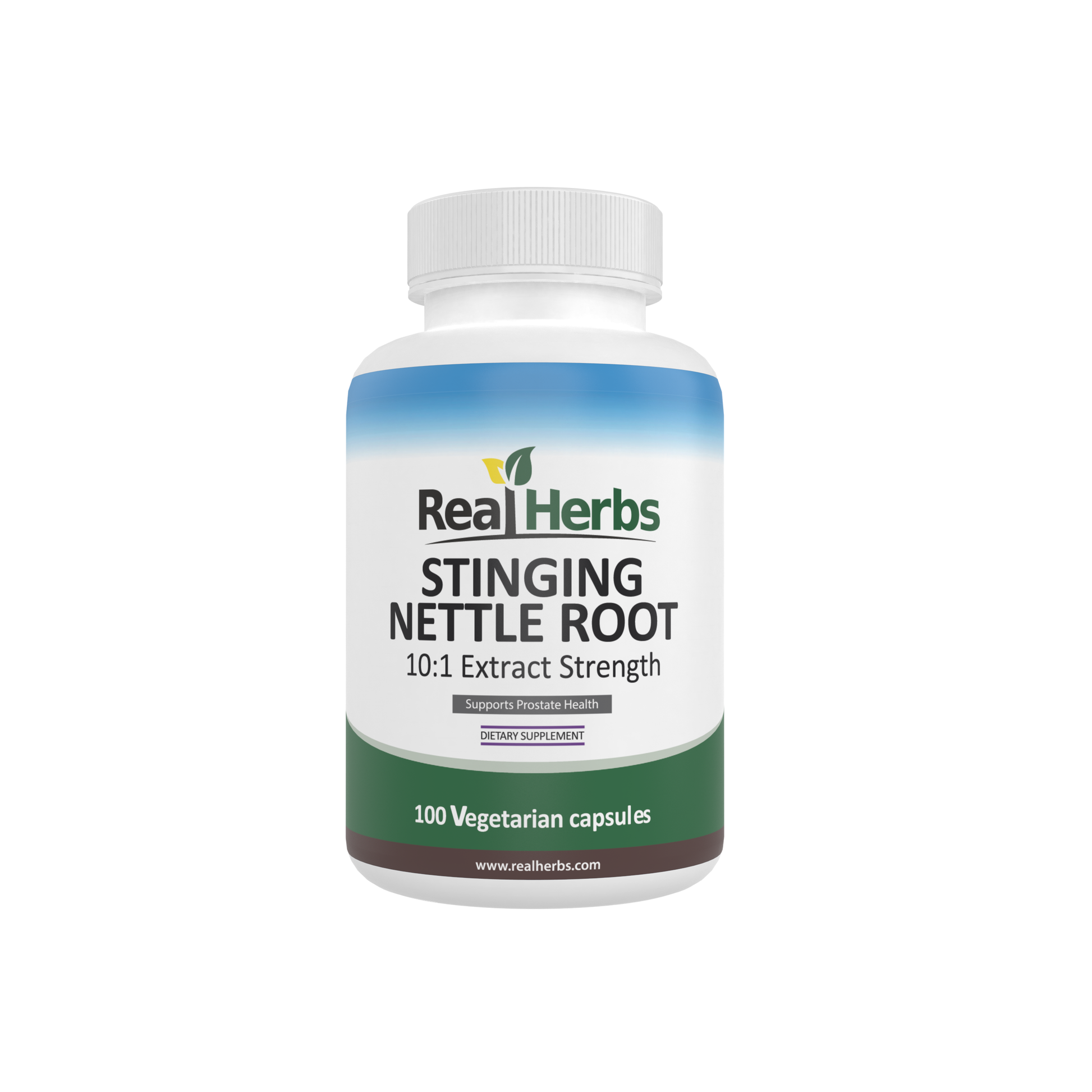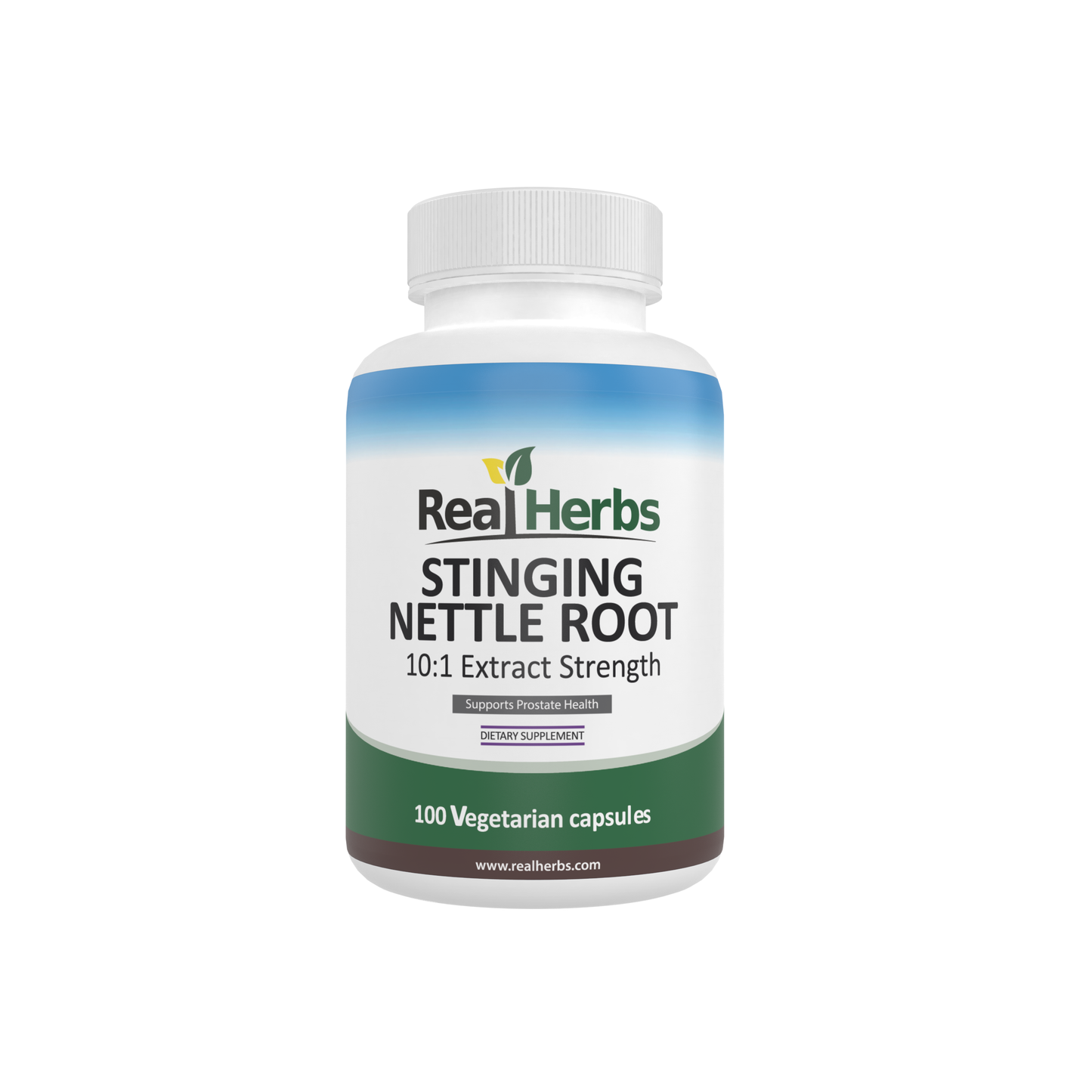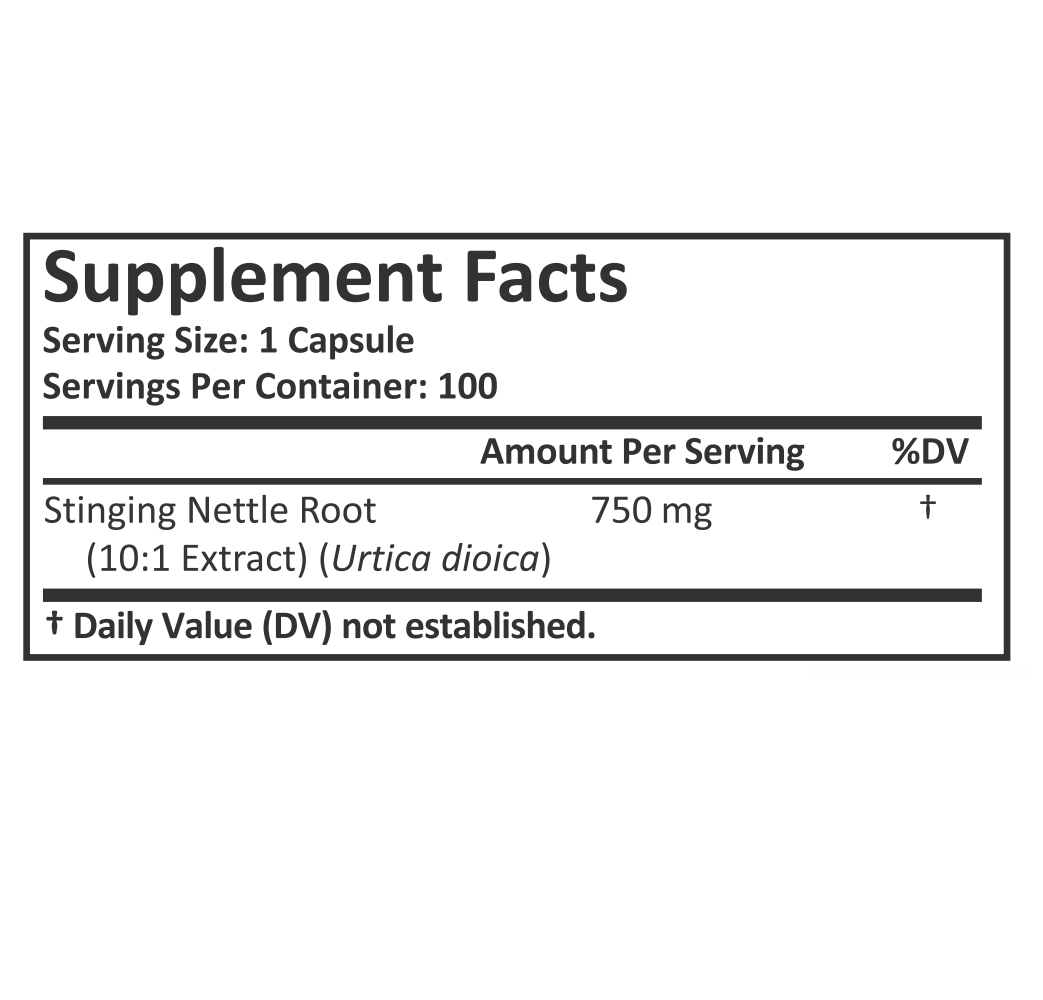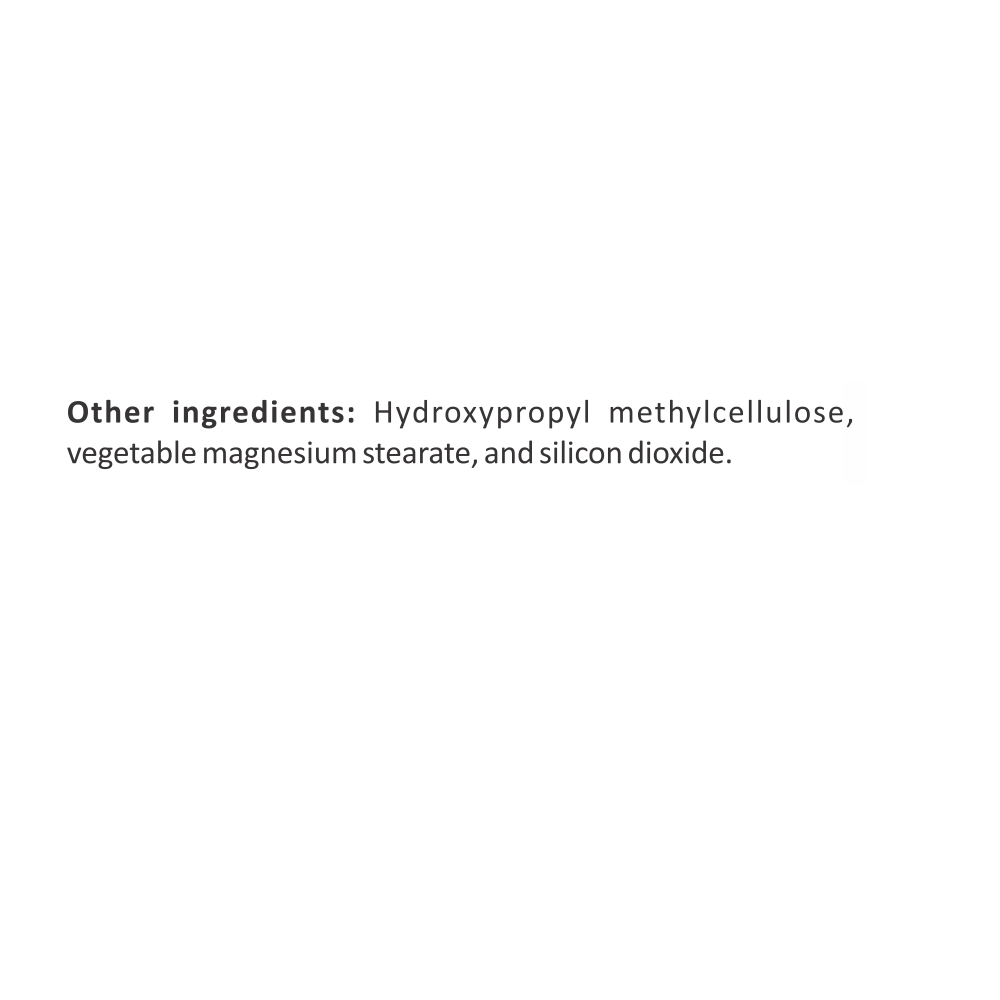Introduction
In the realm of natural remedies, stinging nettle root has emerged as a botanical champion with potential benefits for kidney health. While its name may evoke discomfort, this plant has a rich history in traditional medicine and is gaining attention for its diverse range of health-promoting properties. In this article, we delve into the intricate relationship between stinging nettle root and kidney health, exploring the compounds that make it a subject of interest in the scientific community.
Stinging nettle (Urtica dioica), a perennial flowering plant found in many parts of the world, has been a staple in traditional medicine for centuries. Its use spans cultures and regions, with historical records detailing its application in treating various ailments. The plant derives its name from the tiny hairs on its leaves and stems that can cause a stinging sensation upon contact with the skin.
While the entire stinging nettle plant has been utilized for medicinal purposes, much attention has shifted towards the root in recent years. Researchers are keenly exploring the composition of stinging nettle root to unlock its potential benefits for different aspects of health, particularly its role in supporting kidney function.
Stinging nettle root harbors a complex array of bioactive compounds that contribute to its medicinal properties. Among these, phytosterols stand out as natural plant compounds with potential cholesterol-lowering effects. Additionally, the root contains polyphenols, lignans, and flavonoids, known for their antioxidant properties. These antioxidants play a crucial role in neutralizing harmful free radicals in the body, potentially mitigating oxidative stress that can impact organ systems, including the kidneys.
Before delving into the specifics of how stinging nettle root may benefit the kidneys, it's essential to grasp the fundamental role these vital organs play in maintaining overall health. The kidneys act as sophisticated filters, removing waste products, excess fluids, and electrolytes from the bloodstream to form urine. They also play a pivotal role in regulating blood pressure, balancing minerals, and producing hormones essential for red blood cell production.
However, various factors, such as an unhealthy diet, dehydration, or pre-existing medical conditions, can strain the kidneys, potentially leading to issues like chronic kidney disease (CKD) or kidney stones. As interest grows in natural approaches to support kidney health, stinging nettle root has emerged as a subject of research, with potential mechanisms that may aid in maintaining renal well-being.
Potential Benefits of Stinging Nettle Root for Kidney Health
-
Anti-Inflammatory Properties: Stinging nettle root is renowned for its anti-inflammatory properties, which may have significant implications for kidney health. Inflammation is a key player in various kidney conditions, including glomerulonephritis and interstitial nephritis. The compounds found in stinging nettle root, such as quercetin and beta-sitosterol, have demonstrated anti-inflammatory effects in studies, suggesting a potential role in mitigating inflammation-related stress on the kidneys.
-
Diuretic Effects: One of the traditional uses of stinging nettle involves its diuretic properties. By promoting urine production, stinging nettle root may assist in flushing out toxins and preventing the formation of kidney stones. Adequate hydration and proper fluid balance are essential for maintaining optimal kidney function, and stinging nettle's diuretic effects may contribute to this balance.
-
Regulation of Blood Pressure: High blood pressure is a significant risk factor for kidney damage. Stinging nettle root may have a blood pressure-lowering effect, potentially benefiting individuals with hypertension and indirectly supporting kidney health. Research suggests that certain compounds in stinging nettle may help relax blood vessels, contributing to blood pressure regulation.
-
Antioxidant Defense: The antioxidants present in stinging nettle root, including polyphenols and flavonoids, play a crucial role in neutralizing free radicals. This antioxidant defense is vital for preventing oxidative stress, which can contribute to kidney damage. By scavenging free radicals, stinging nettle root may offer protection against oxidative injury to renal tissues.
Conclusion
In the realm of herbal remedies, stinging nettle root emerges as a promising contender for supporting kidney health. Its rich composition of phytochemicals, coupled with anti-inflammatory, diuretic, and antioxidant properties, suggests a multifaceted potential impact on renal well-being. However, it's crucial to approach the integration of stinging nettle into one's health routine with careful consideration.
While studies and traditional uses showcase encouraging results, the field of herbal medicine is dynamic and continually evolving. Therefore, it is essential to underscore the importance of consulting with a healthcare professional before embarking on a stinging nettle supplementation regimen, especially for individuals with pre-existing medical conditions or those taking medications.
As we navigate the intricate landscape of natural remedies, remember that individual responses can vary. What works for one person may not work the same way for another. Personalized healthcare advice ensures that potential benefits are maximized while potential risks are minimized.







